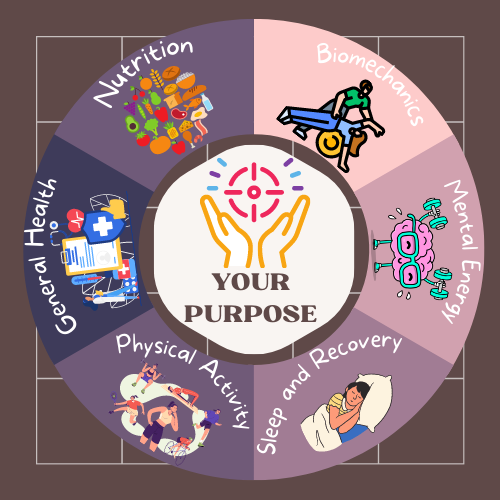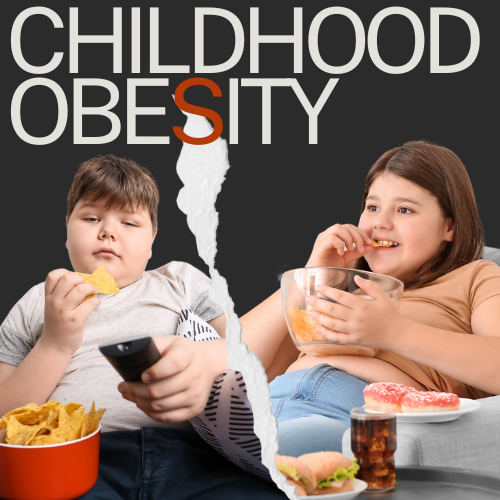As an osteopath passionate about aiding individuals on their journey to recovery from various health issues and injuries, I have always been deeply committed to the idea that holistic wellness extends beyond just the physical aspects of our bodies. Drawing from my background in sports science and personal training, my approach to helping people attain better health has evolved into a multifaceted methodology encompassing physical and psychological dimensions; we can also call this lifestyle medicine coaching.
Over the years, I’ve been shaping my practice using a wide range of techniques, including thorough physical assessments, comprehensive case histories, and targeted interventions to facilitate the healing process. However, I desired to delve even deeper into the realm of healthcare, which led me to explore the fascinating field of lifestyle medicine.
In pursuit of expanding my coaching capabilities to offer a more comprehensive approach to healing, I recently enrolled as a Hintsa Performance Coach. They are a high-performance coaching company based in Finland. The company started life by offering comprehensive support to Formula 1 racing drivers but has since taken this knowledge and learned how to provide it within other professional sports environments and to people in the workplace. Hintsa’s holistic philosophy resonated with me, as it centers around a metaphorical wheel with the core or purpose of one’s life at its epicenter. This essence represents the discovery of one’s life purpose—a process that involves introspection and self-inquiry, guided by thought-provoking questions such as:
- Who are you at your core?
- What do you want?
- Are you in command of your life?
The journey to understanding one’s purpose paves the way for cultivating habits and practices that foster health across many areas of a person’s life. This wheel extends outward, representing key areas of focus that makeup lifestyle medicine:
- **Nutrition**: Nourishing the body with balanced, wholesome foods.
- **Biomechanics**: Ensuring optimal physical alignment and movement mechanics.
- **Mental Energy**: Optimizing cognitive abilities and emotional well-being.
- **Sleep and Recovery**: Prioritizing restorative sleep patterns for regeneration.
- **Physical Activity**: Engaging in suitable exercises for overall fitness.
- **General Health**: Taking proactive measures to safeguard well-being.
For example, using this approach, I lowered my LDL cholesterol by 58 points, from 136mg/dL (potentially unhealthy) to 78mg/dL, optimized for my age and sex, and this took just three months.
There are many other small changes that I’ve made in my life after I applied the principles of high-performance coaching using the lifestyle medicine model to myself, and I summarize many of them in this video:
My journey as an osteopath has evolved into a holistic pursuit of well-being, encompassing the physical aspects and the intricate interplay between the mind, body, and purpose. The integration of lifestyle medicine principles, as exemplified by Hintsa’s philosophy, has changed my life. Still, through coaching my clients, I have enabled many of them to start these transformative journeys of self-discovery and healing themselves. Whether they come to me because of a recent health scare, high cholesterol is the most common reason, or they just want to get rid of chronic pain, I use this integrated approach of science-backed insights to help them reach their goals and ultimately add health span to their lifespan.
Find out if lifestyle medicine coaching is for you. Email me at ed@edpaget.com, and we can jump on a quick call to see how I can help you.


